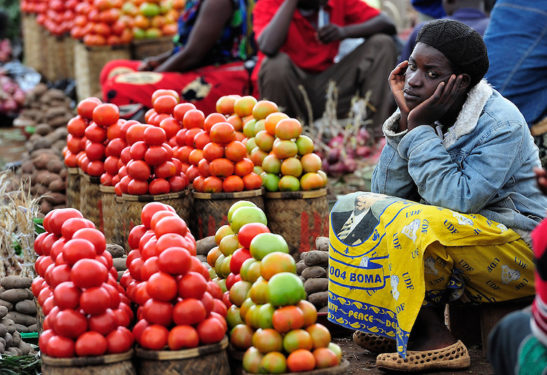Ghana’s inflation to ease to 16% in 2024
Ghana’s economy has been facing significant challenges, and one of the most pressing concerns is high inflation. Inflation is expected to average 37.6% in 2023, according to a report by Fitch Solutions, which is higher than the 31.5% recorded in 2022.
The report indicates that policymakers will continue to focus on controlling price growth in the short term before concluding the tightening cycle. It suggests that under an expected International Monetary Fund (IMF) program, the Bank of Ghana will be encouraged to maintain an elevated policy rate to strengthen its monetary policy framework.
The high inflation rate has been a major issue for Ghana’s economy, affecting businesses, consumers, and investors. Inflation erodes the purchasing power of the currency, leading to higher costs of living, lower investment returns, and reduced economic growth. The Bank of Ghana’s target range for inflation is between 6.0% and 10.0%, but the current inflation rate is well above this range, making it a cause for concern.
Fitch Solutions expects that inflation will ease through 2023, but it will still remain above the Bank of Ghana’s target range. However, the report forecasts that inflation will average 16.0% in 2024. This is a positive outlook and suggests that the measures taken by policymakers to control inflation may be effective in the long term. The report also points out that the return of positive real interest rates will lead to more capital inflows, which will mitigate the risks to Ghana’s external position.
In February 2023, Ghana’s year-on-year inflation rate decreased to 52.8%, influenced by the fall in inflation of transportation and other non-food items. This is a positive development, and it is the second consecutive time that the rate has dropped in 20 months. In January 2023, inflation fell marginally to 53.6%, from 54.1% recorded in December 2022. While these figures are still high, they indicate that the measures taken by the Bank of Ghana to control inflation may be having an impact.
The high inflation rate in Ghana is a complex issue, and there is no easy solution. However, the measures taken by policymakers to control inflation, such as maintaining an elevated policy rate and an expected IMF program, could help to stabilize the economy in the long term. It is essential that Ghana’s government and central bank continue to work together to address the root causes of inflation and ensure that the economy remains stable and sustainable for the long term.








